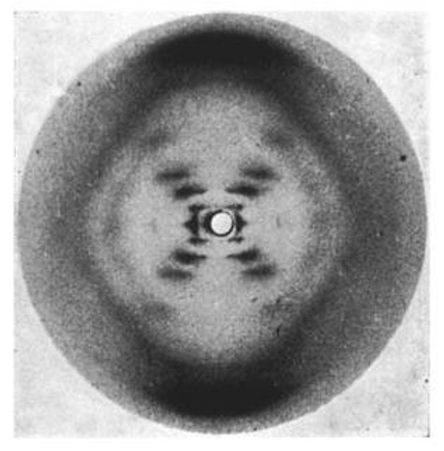

For Students
The module builds upon the foundation of the Communicating Science second-year module (5BBA2500) and Graduate Skills: Communicating (5PASNCOM), with either of these modules being a prerequisite for the third-year course. Both courses run within the 2nd semester, and students from both years come together for talks/seminars with external speakers.

The first half of the term is focused on the social and philosophical theory behind science communication and is taught through lectures/seminars and workshops. This aspect of the course is assessed (30% of final grade) through a short (2500 word) essay allowing students the freedom to explore aspects of the taught content that either interest them or are of direct use to their practical project. Past essay titles have included:
- What is the role of science communication in society?
- How important is communication in the life of a scientist?
Structure of the course
Project in Communicating Science (6BBA3333) is a 3rd year, 30-credit module run by the Department of Bioscience Education within the Department of Anatomy.
In the second half of the semester, students focus on their practical projects. Students will be embedded in either a designated research laboratory in the Biomedical Sciences at King’s College London, or within one of the museums/public engagement centres at KCL. Past hosts have included labs within the MRC Centre for Neurodevelopmental Disorders, the Science Gallery and the Gordon Museum. Students will work with their hosts to develop a practical and high-quality piece of science communication, recording their progress in a lab book. Projects are celebrated at the end of the semester at a sharing presentation event, which is attended by all students, course leaders, tutors and many host supervisors.
Why study science communication?
This module aims to give students the foundational theoretical and practical experience needed to work as a science communicator alongside more general skills applicable to employment, such as risk-taking, project development, and time management.
Studying science communication can lead to a career in areas such as science journalism, media production, and digital / media campaigning, and many students consider specialist postgraduate science communication study after the course. Science communication is now also becoming increasingly relevant for scientists, both within academia and industry, and students interested in pursuing a career in research may find it extremely valuable to gain an understanding and experience of science communication. Finally, these advanced skills in communication are invaluable for students wishing to move into patient-focused healthcare degrees, such as medicine or dentistry.